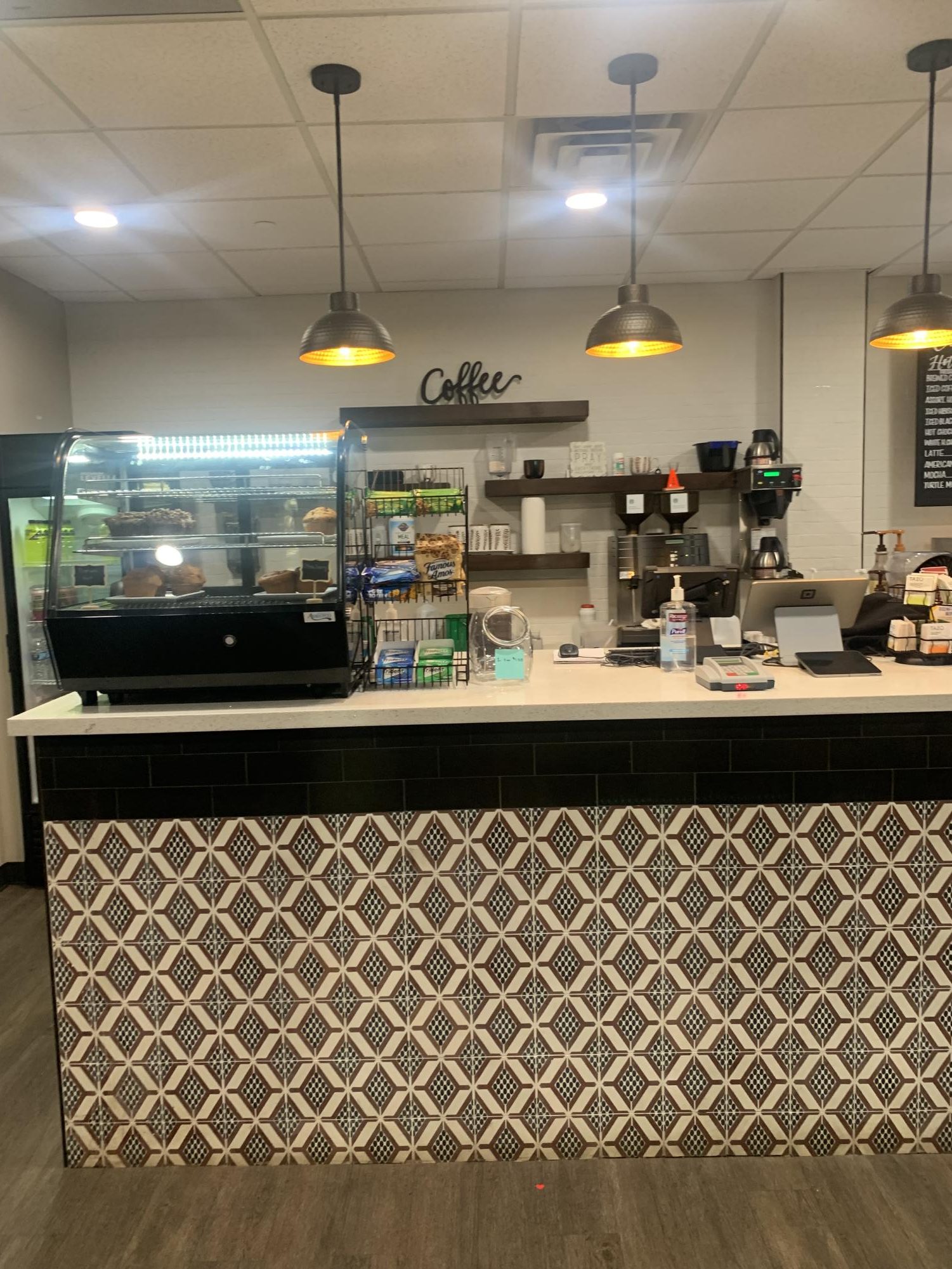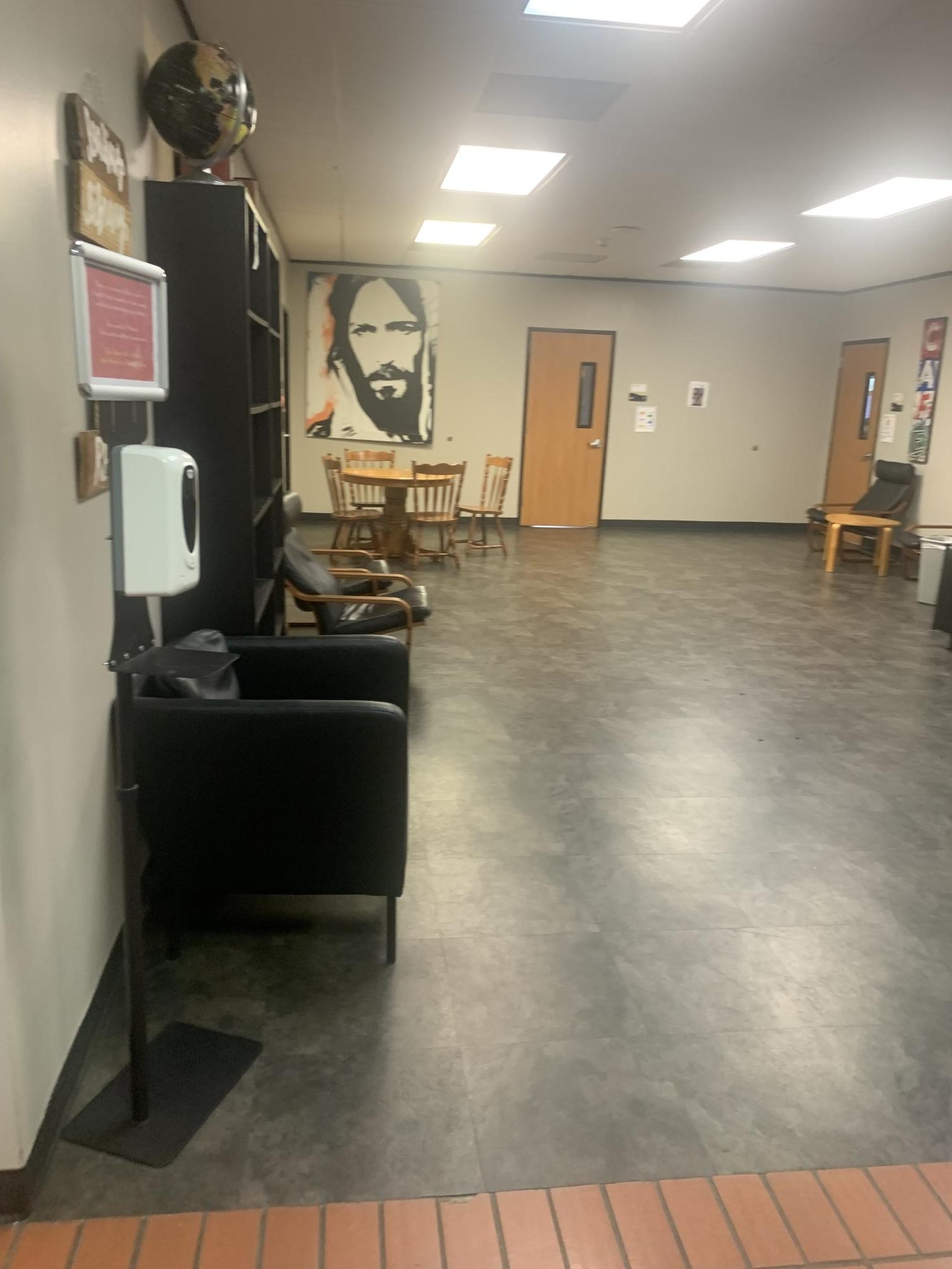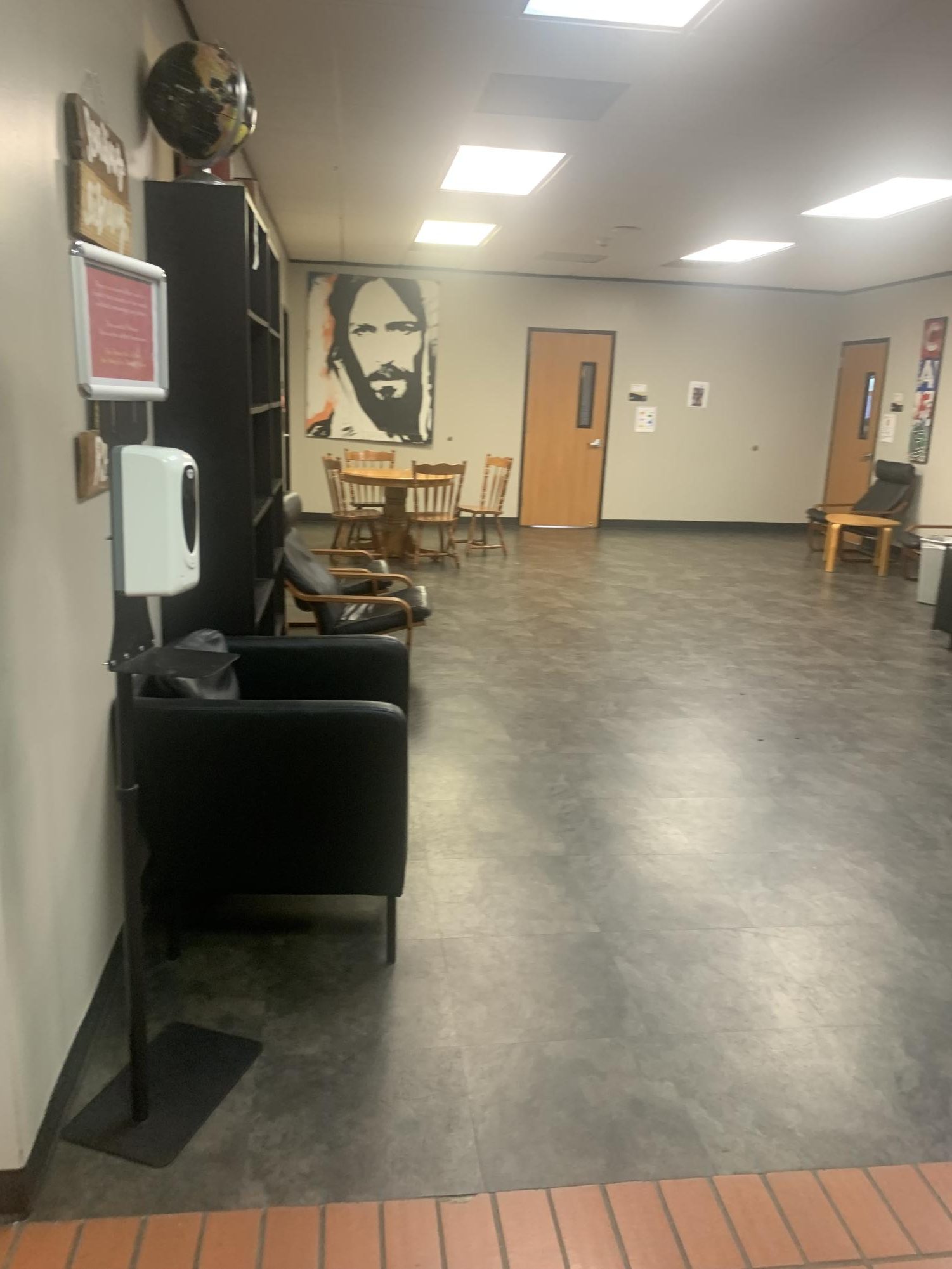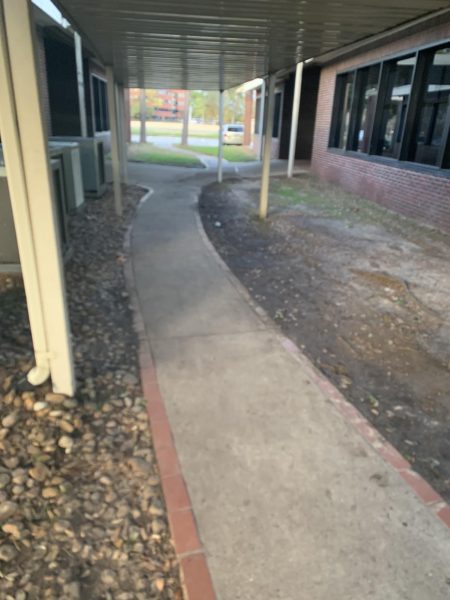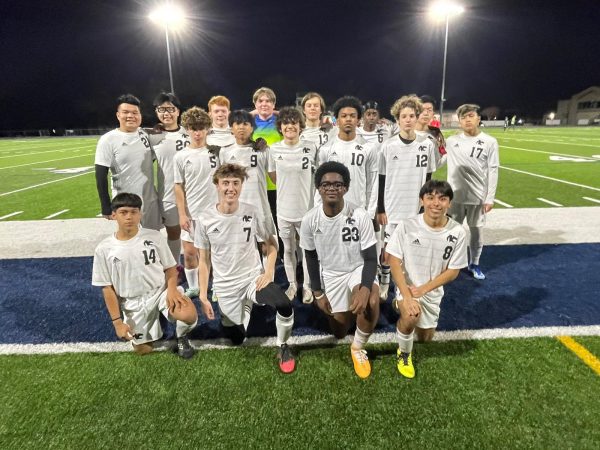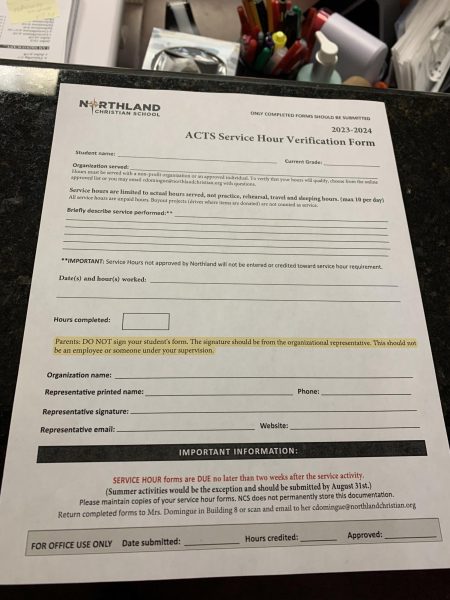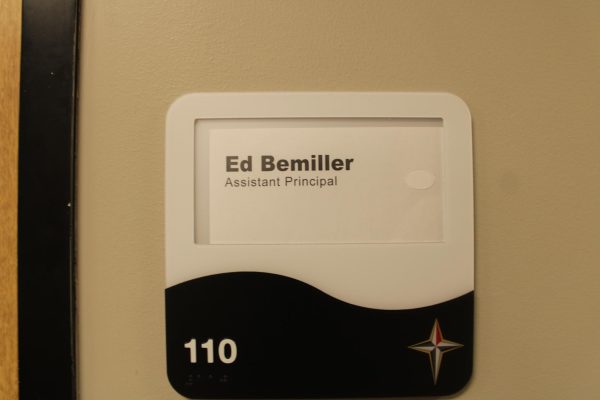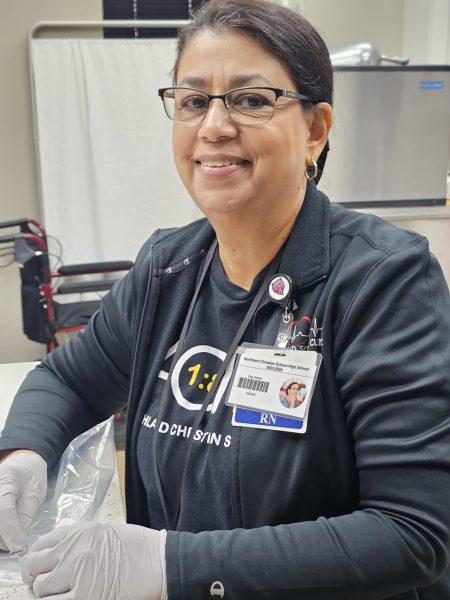Dylann Roof’s Impact on the Death Penalty
January 23, 2017
In 2015, 9 people were shot to death at a church in Charleston, South Carolina. After spending nearly 45 minutes inside the church before pulling the trigger, Dylann Roof opened fire due to his racist beliefs. During his lengthy trial, Roof admitted that he did not regret his actions on that June day at Emanuel African Methodist Episcopal Church. Roof decided to represent himself instead of hiring lawyers (to ensure the facts are straight), but confessed his guilt to the courtroom. The verdict was clear, however, the punishment was not. The death penalty is an option for all cases similar to this one while opponents to the lethal sentence encourage life in prison without parole. After prolonged meetings, the jury unanimously chose to execute Dylann Roof. There is currently no concrete date, but the punishment is set in stone.
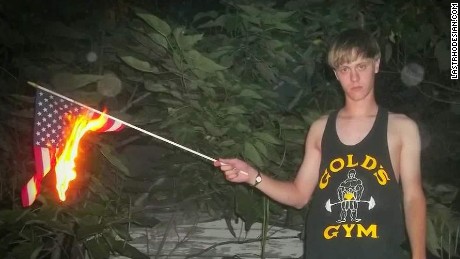
The death penalty has been a hot topic for years now considering its ethical implications. Some advocates believe that murderers should be sentenced to death because they caused the same harm upon someone else, meanwhile opponents argue that the death penalty is hypocritical. The question many seem to ask is, “Why are we killing someone because they killed someone?” The irony plagues the thoughts of politicians and criminal justice advocates nationwide, which is the reason for states like Connecticut and Illinois outlawing the practice most recently.

To better comprehend how Texas residents, living in a state that is infamous for its number of criminals on death row, feel about Roof’s sentence, I asked a student and teacher for diversity of thought purposes. Kaitlyn England, sophomore and member of the debate team, feels that “Roof should have gotten life in prison because life would have been worse just sitting around in solitary confinement.” In addition, England puts her view in a religious perspective by noting, “whether you are a Christian or not, we all know inflicting death upon someone is bad and we are doing that by having the death penalty.” Moreover, Mr. Wietstruck added an alternative position on this issue: “I think Dylann Roof should have received the death penalty…Psalm 37:9 clearly states “for those who are evil will be destroyed, but those who hope in the Lord will inherit the land.” He posits that states should be allowed to forbid the death penalty because “under federalism, states should have the rights to do what they believe is best for the community.”





